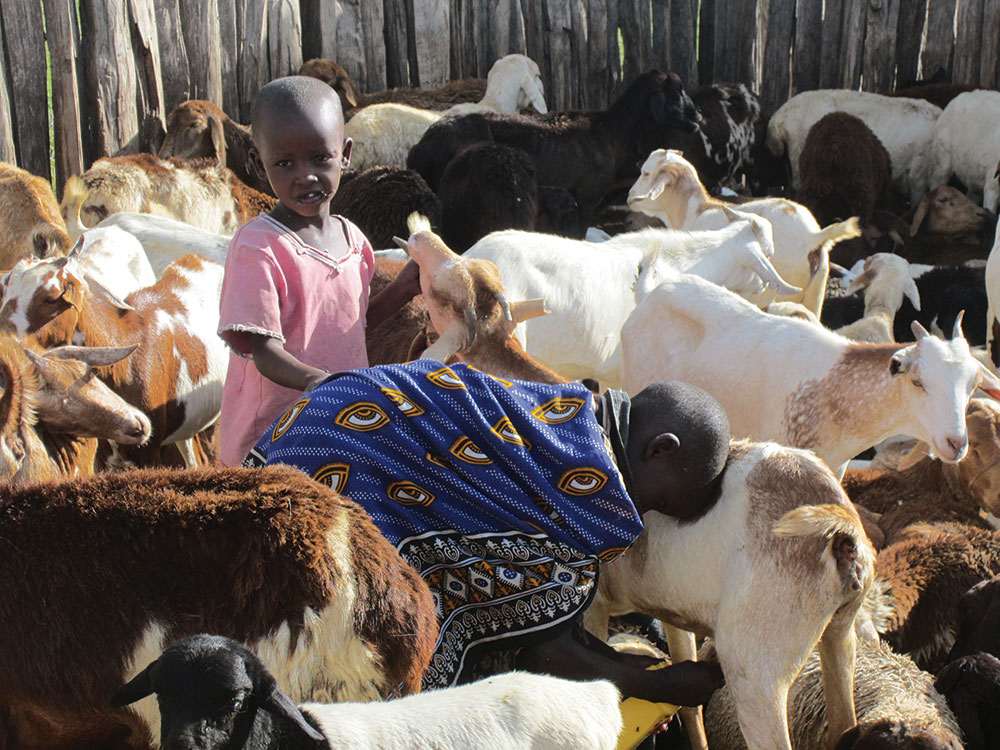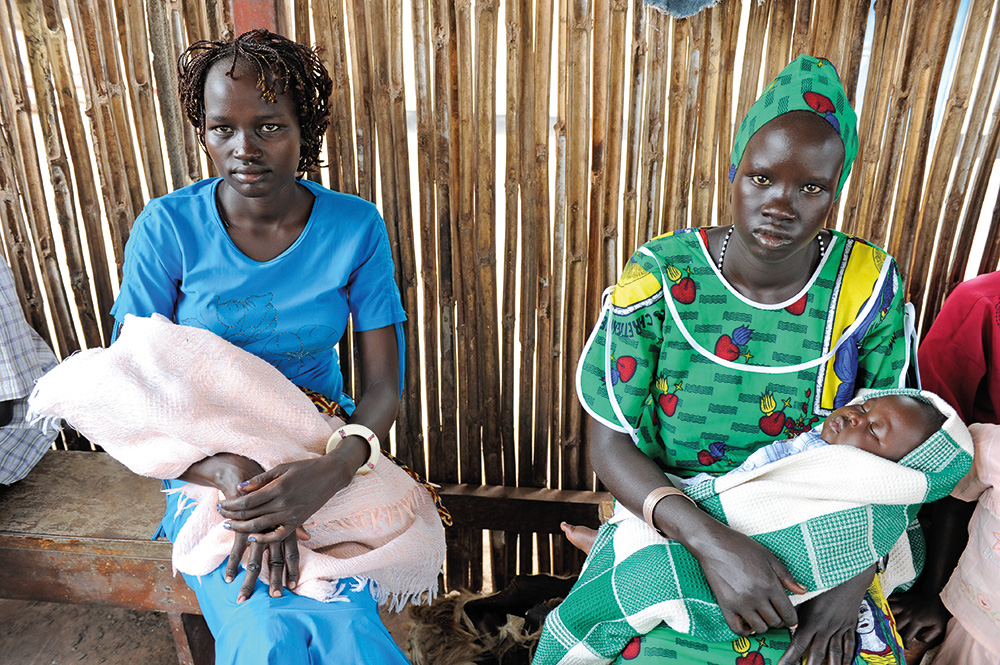DLG-Verlag was founded in 1952 as a subsidiary of DLG e.V. (Deutsche Landwirtschafts-Gesellschaft - German Agricultural Society) with its headquarter in Frankfurt/ Germany. The publishing company provides expertise for the agricultural and food sector.
With its subsidiaries Max-Eyth-Verlag and DLG-Agrofood Medien GmbH the DLG-Verlag offers books and magazines, as well as catalogs of the DLG's international DLG exhibitions.
Members:
Resources
Displaying 91 - 95 of 316"Each country must define its own priorities"
Many a dogma produced by agricultural policies over the past decades has proved disastrous for African agriculture. Ms Rhoda Peace Tumusiime, Commissioner of Rural Economy and Agriculture of the African Union (AU), looks at lessons learnt and suggests ways to bring progress to Africa’s rural regions.
FAO’s Monitoring African Food and Agricultural Policies initiative
Policy-makers often lack information and analytical capacity to effectively monitor how policies impact on different stakeholders. The MAFAP initiative of the Food and Agriculture Organization seeks to bridge this gap.
Providing an enabling environment
The basic role for agricultural policies consists of providing the core investments and services that farmers need to develop their operations into viable farm businesses. Focusing on the sector’s enabling environment benefits both agriculture and the wider rural economy, facilitating the construction of diversified rural economies. Such policies are likely to be more effective in the long term than subsidies or market interventions, which have the opposite tendency.
Envisaging alternative futures for African agriculture
The Future Agricultures Consortium was established in 2005 with support from the UK Department for International Development (DFID) as a learning alliance of leading African and UK-based research organisations. The Consortium provides independent analysis and advice for improving agricultural policy-making. The aim is to encourage critical debate and policy dialogue on the future of agriculture in Africa, elaborating the practical and policy challenges of establishing and sustaining pro-poor agricultural growth.
The role of farmers’ organisations in defining national policies
Farmer organisations play a crucial role in the development of rural areas. But how influential are they when it comes to defining national policies? What can they achieve, and where are their limits? Our authors demonstrate this with regard to the small farmer organisations in South Africa.






